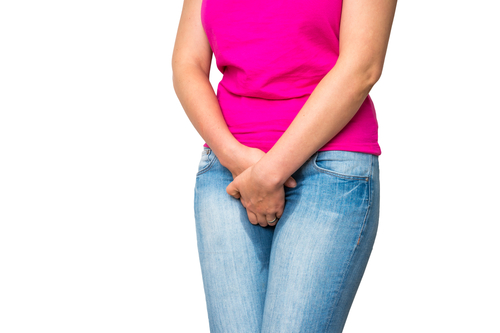
A person who is experiencing extreme thirst may not realize that there is a medical term for this condition. Extreme thirstiness is referred to as polydipsia. Polydipsia is not a disease itself but is rather a symptom of certain types of health issues.
It is important to note that a person who has recently exercised, been exposed to very hot conditions, or who has eaten salty food, and feels extremely thirsty does not necessarily have polydipsia as they will typically be able to easily quench their thirst by simply drinking more fluids.
Polydipsia is a thirst that lasts for days and possibly weeks or longer. How long this condition lasts depends on what the underlying cause for it is. The symptom could be a sign that there is something wrong in the body and anyone who is experiencing an extreme thirst that they simply cannot quench, should seek medical attention. Here are some of the common causes of Polydipsia.
1. Urinary Conditions
There are several conditions such as urinary tract infections, bladder infections, kidney diseases, and others that may cause a person to urinate frequently. When a person is urinating frequently the body may feel a need to constantly replace the fluids that are being lost during urination.
In addition, there are some natural physical processes such as sweating, taking drugs, or eating a diet that is high in salt that can cause a person to lose a lot of fluids. As the body is losing fluids it can cause a person to become extremely thirsty because the body inherently wants to remain hydrated and keep fluids moving throughout the body.
If you are suffering from some type of infection that is causing you to urinate frequently, you may develop polydipsia, which means that you may have a thirst that is not quenchable no matter how much you continue to drink.



